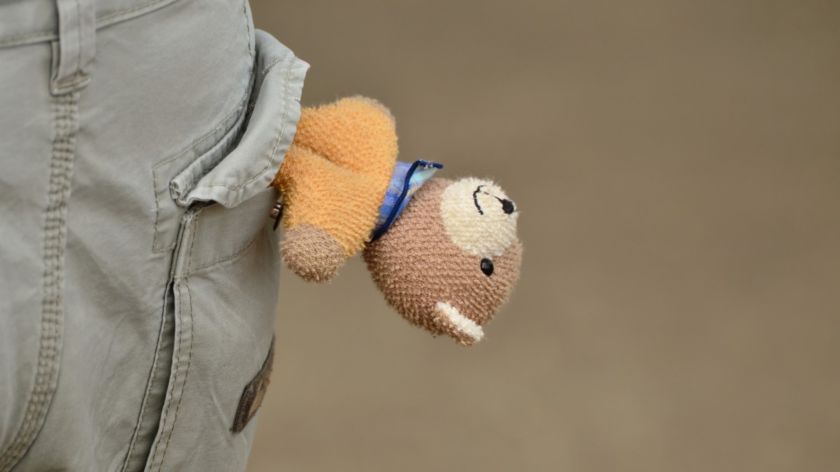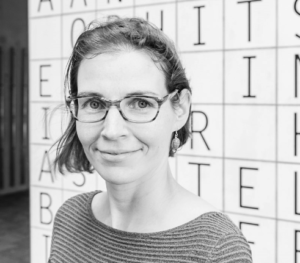You don’t just question a child who has been sexually abused
-
 Foto: PxHere (CC 0)
Foto: PxHere (CC 0)
Interviewing a child who is the victim of sexual violence may well be one of the most difficult tasks detectives face. How do you make sure that a child gives a reliable statement? That question, and how things could be done better, was the subject on which Dutch language specialist and lawyer Guusje Jol (44) obtained her PhD last week.
The 38 children whose police interviews Guusje Jol analysed were aged between six and eleven. They had all been victims of some form of sexual violence, ranging from having to undress for the webcam to abuse by family members. Fortunately, the culprits can sometimes be caught, partly based on the statements the young victims give to police.
But as Jol saw in her research, getting a reliable statement from children is quite a challenge. ‘There are special guidelines and training programmes for conducting interviews with children, mainly based on psychological research and police experience. My question was how interviews were carried out in practice and how that related to the guidelines.’
‘How do you know that?’ questions
Jols most important finding is that we have to let go of the idea that an interview is merely a form of exchange of information. ‘You always do something when you say something. Or when you say nothing. So whatever you do, it´s never neutral. This also applies to interviews, regardless of how much you might not want it to be that way.’

She explains that this sometimes leads to unintended consequences. For example, detectives are trained to ask, ‘how do you know that?’ questions. ‘They’re meant to help gain the best possible substantiation of facts. But such questions come across as asking for accountability. After all, interviewers are asking for evidence with these questions – they don’t simply accept what the child is telling them.’
The consequence is that children formulate their answers to such questions either with uncertainty, or alternatively, very adamantly. Jol: ‘For example, if a detective asks a child how they know that Granddad wanted to abduct them, they might say: ‘he always wanted to do that’. That conviction is a reaction to the provocative question and does not necessarily tell us anything about how certain the child is.’ And that, in turn, affects the reliability of a statement.
‘You can only do this kind of interview once, and you have to get it right’
Another example of tension between guidelines and the dynamics of interviews has to do with the fact that interviewers have to take a neutral position, the idea behind that being that information gets established as factually as possible.
At the same time, precisely that ‘neutral’ attitude can cause tension between the interviewer and the child, according to Jol. ‘Children sometimes tell you proudly how they fought against their attacker, by kicking them for example. That evokes approval or appreciation in a conversation partner. And in a normal conversation, the conversation partner would give it, but in an interview, a detective will respond at most with ‘okay’.’ The result is a conversation in which the interviewer expressly avoids displaying support or engagement at certain moments.
Biased
Jol finds it difficult to say how things could be improved. Interviewers cannot, for example, express their appreciation or speak reassuringly to the children without that having consequences. ‘The suspect’s lawyer could claim in court that the police were biased during the interview.’
However, it could make a difference if interviewers were more aware of the consequences of the guidelines they follow. ‘It would help them better understand the reasons for certain reactions on the part of the children. You could also explain more clearly to the children beforehand why certain questions are asked.’
Really angry
Jol emphasises that it’s not that interviewers are doing things wrong. ‘Everyone I spoke to in the professional field is highly motivated to do this work well, but it never does any harm to look at what might be improved. You can only do this kind of interview once, and you have to get it right.’ That was also her motivation for the research. Nothing will change for the victims she looked at, but hopefully it will in future child interviews.
Sometimes the children’s stories deeply affected Jol: ‘I tried as much as possible to look at things from a technical point of view. If I hadn’t been able to do that, it would have been wrong to choose this subject. But I can still get really angry about what people do to children. And I also wonder at times how these children are doing now.’



